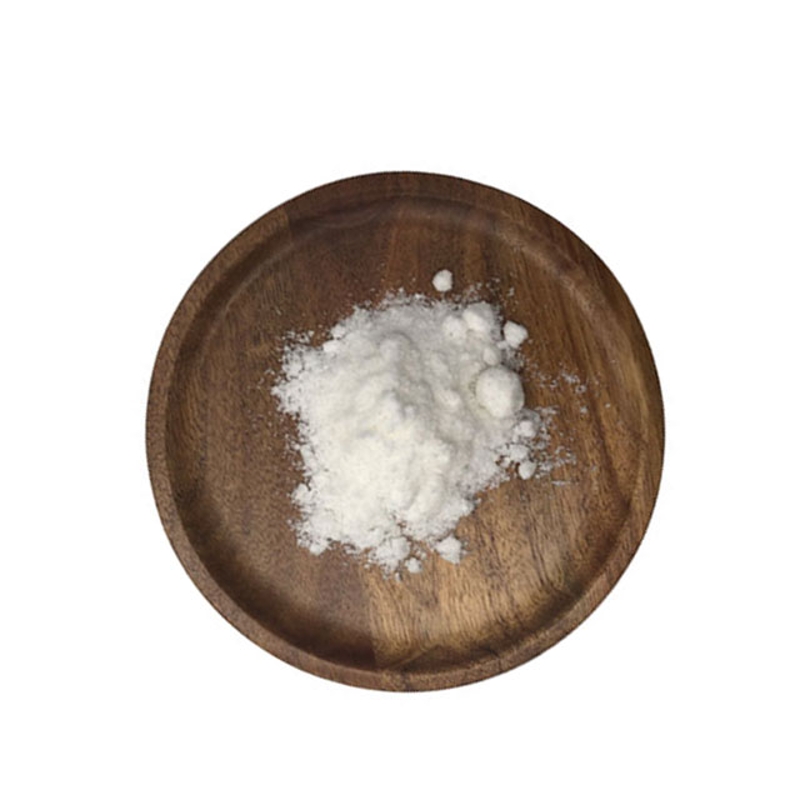Mol Brain: Excess prodonicacid in food additives can cause abnormal brain development!
-
Last Update: 2020-07-30
-
Source: Internet
-
Author: User
Search more information of high quality chemicals, good prices and reliable suppliers, visit
www.echemi.com
27, 2020 /PRNewswire/ -- A team led by Dr. Mun Ji-young has revealed the mechanisms that cause autism caused by an imbalance in the human gut microbe, the Korean Institute of Brain Research (KBRI, led by Suh Pann-hill) announced.the discovery, published in the international scientific journal Molecular Brain.human gut is often referred to as the "second brain"."intestinal axis" refers to the concept of substances absorbed into the intestines entering the brain through blood vessels and affecting them.as the concept continues to gain widespread attention, scientists have carried out a series of related studies over the past few years.it is speculated that autism may be linked to human gut microbes, as children with autism often experience stomach disorders, such as irritable bowel syndrome.However, the exact relationship between autism and the human gut microbiome has yet to be determined.Photo Source: Recently, it was reported that mice exhibited autistic-like behavior after injecting them with propylene acid (PPA).PPA is a food additive used to extend the shelf life of processed foods, even in dairy products, canned foods and other products.team injected PPA into cultured mouse neurons to observe the morphology and protein expression of hippocampus neurons.study found that the number of dendritic sandhead estocshes decreased due to the destruction of autophagy.autophagy is a natural organabym that removes unnecessary proteins and organelles.use of PPA hinders the process of autophagy and lysosome fusion, thereby accumulating cell waste, reducing the number of dendrites necessary for synaptic formation, and ultimately hindering the development of the child's brain.study also found that in PPA-processed cells, the extracellular signaling kinase (ERK) pathway was overactive.when an enzyme that destroys ERK is added, the number of dendritic ratchets is restored.the significance of this study is that by finding that excessive use of PPA, the most commonly used food additive, may induce autism, the effects of bacterial metabolites in the human gut on neurons have been determined. "This study reveals one of the many effects of human gut microbes on the human brain," said Mun Ji-young, lead researcher on the study at the. We plan to continue to study ppA-induced brain disease mechanisms and apply these findings to the treatment of related diseases in the future. " () References: Hyosun Choi et al, Propionic acid sids dendritic spine loss by MAPK/ERK signaling and dysregulation of autophagic flux, Molecular Brain (2020). DOI: 10.1186/s13041-020-00626-0.
This article is an English version of an article which is originally in the Chinese language on echemi.com and is provided for information purposes only.
This website makes no representation or warranty of any kind, either expressed or implied, as to the accuracy, completeness ownership or reliability of
the article or any translations thereof. If you have any concerns or complaints relating to the article, please send an email, providing a detailed
description of the concern or complaint, to
service@echemi.com. A staff member will contact you within 5 working days. Once verified, infringing content
will be removed immediately.







